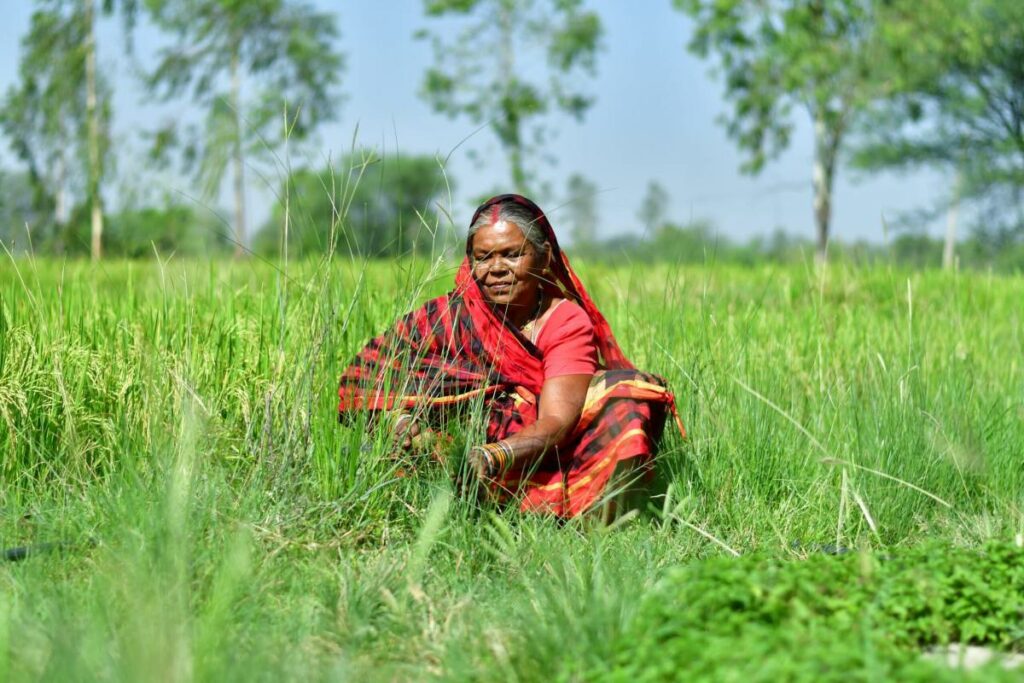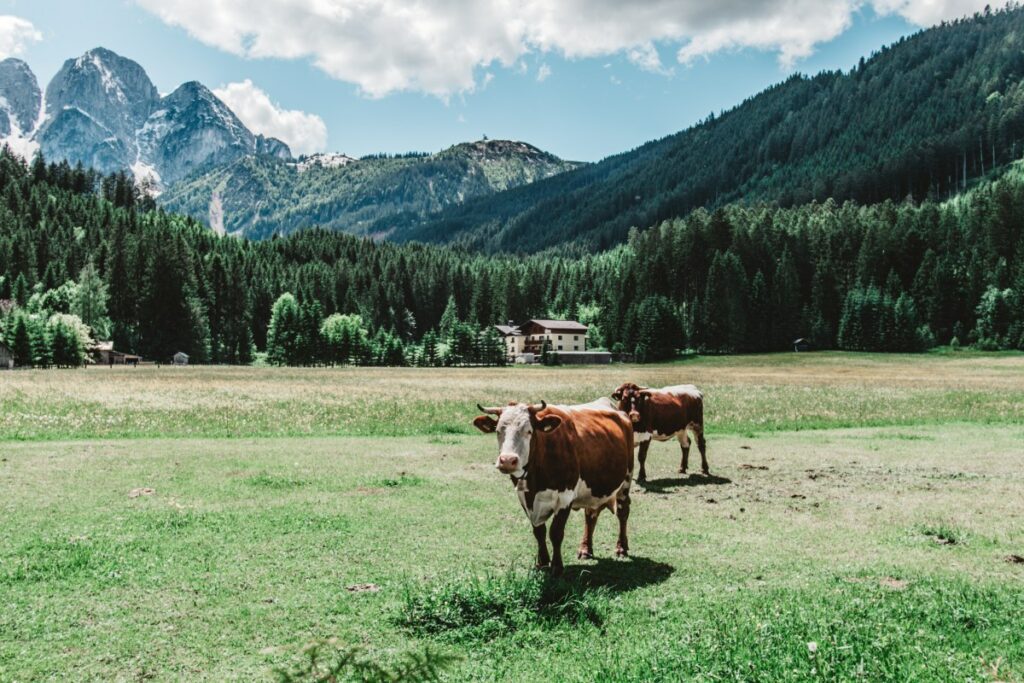Sometimes the simpler idea is the winner.
That’s certainly the case with the winner of the Xprize Carbon Removal competition, which was announced on Wednesday. Mati Carbon walked away with the $50 million grand prize for its enhanced rock weathering program that locks carbon in soils for thousands of years.
The Musk Foundation underwrote the prize. The runners up were NetZero, which produces biochar; Vaulted Deep, which processes and buries waste biomass; and Undo Carbon, another enhanced rock weathering startup. Mati also beat finalists that spanned a range of technologies, from direct air capture to ocean alkalinity enhancement.
“It’s really been a honor to be selected amongst the luminaries of carbon removal who have been competing for this prize,” Shantanu Agarwal, founder and CEO of Mati Carbon, told TechCrunch.
Mati’s carbon removal technology, enhanced rock weathering, is simple. The company grinds up rocks that naturally convert carbon dioxide into stable minerals, increasing their surface area to help them absorb carbon more quickly. Then the rock dust is spread on farm fields where mineralize carbon and contribute micronutrients to the soil.
Several different types of rocks work for enhanced rock weathering, but Mati uses basalt, a volcanic rock that’s available in a number of regions around the globe. There, fine particles are often waste from aggregate used in construction.
Logistics are key to making enhanced rock weathering work for carbon removal. Mati applies basalt to the farmers fields free of charge. Costs are supported by a mix of grants and carbon removal credit sales. The company expects to deliver about 5,000 to 6,000 metric tons of carbon removal credits this year.
Agarwal said that Mati is aiming to sell credits for less than $100 per metric ton by the early 2030s. Longer term, he anticipates the price will drop to $70 to $80 per metric ton. To validate the credits, the company takes eight samples for every three acres of farmland. As its database grows and its models improve in accuracy, Mati expects it’ll need far fewer samples.
Around 200 million smallholder farmers could benefit from adding basalt to their fields, Agarwal said. Altogether, those small farms, generally less than 24 acres, support about 1 billion people.
“It’s about 800 million to 900 million acres of farmland,” he said. “You deploy that into carbon removal, you get more than a gigaton of removal every year while increasing income of these farmers who are extremely poor.”
After a season, farmers typically get 25% more productivity from soils that are fertilized and 50% to 70% in soils that are degraded, Agarwal said. The soil amendment also improves water retention.
“This material is the difference between having a crop and having no crop. We’ve seen that in Zambia this year. There were farmers who put this in half of the field — and half of the field was like normal — and there was no crop normal half because everything died because there was a drought.”
To reach all those farmers, Agarwal admits that Mati is unlikely to grow quickly enough. So Mati is planning to give free licenses to its enterprise resource planning (EPR) platform to organizations provided those organizations pledge to share at least 50% of any profits with the farmers they serve.
In addition to Zambia, Mati also operates in India and Tanzania. The company plans to add three more countries this year, eventually expanding to encompass much of the Global South, Agarwal said, a term that refers to developing countries.
Like many other climate tech startups, Mati is registered as a public benefit company. But unlike many others, the company is controlled by the Swahili Initiative, a 501(c)(3) nonprofit.
“I want to build a market mechanism and scale a nonprofit to global scale, which allows for large portion of the value to accrue the farmer,” Agarwal said. “This Xprize is going to go a long way to push us in that direction.”


